Gifts of the Storm: Creativity and Bipolar Disorder
I’ve written a lot about the difficulties with having bipolar disorder. Today, I want to talk about one of the most positive aspects: how it affects our creativity. Bipolar disorder gives us wonderful connections between ideas, many of which can be very insightful. It gives us a passion for beauty that expresses itself artistically. This positive aspect is not without its challenges, but when focused, can be an exciting part of our lives.
The Connection Between Bipolar Disorder and Creativity

Dreamstime
Where does this creativity come from? In my own experience of creativity, I’ve noted a few things that seem to be relevant.
Depth of Passions
Much art, especially poetry, is concerned with emotions. It finds ways of expressing and communicating emotions that aren’t properly conveyed by our standard emotional vocabulary. Moreover, it can generate emotional responses that might otherwise not have occurred, as viewers and readers find themselves reacting emotionally in new ways. As Aristotle put it, poetry is “more philosophical and more important than history,” because it captures universal aspects of human experience rather than mere facts.
People with bipolar disorder feel emotions extremely strongly. This can be debilitating, but it gives us a stream of emotional states from which to work. If art is concerned with the expression of emotion, surely those who have strong emotions would have more to express. People with bipolar disorder don’t need to wait for tragedies or transitions in their lives to feel the strongest passions. They experience them on a constant basis.
Speed of Connections
When hypomanic, people with bipolar disorder tend to make a lot of connections very quickly. I find that my own intuition greatly accelerates when I am hypomanic, and I see the way that things fit together in those periods much better than I do during other periods (including depression, where the opposite seems to occur). I’ve noticed, for example, just how much the basic ideas of my philosophical work come during hypomanic episodes.
These connections have an especially important relevance to creative work. Metaphor is a kind of association of ideas through the imagination. Just as we can synthesize complex concepts during hypomanic periods, we are also able to see ways in which images and emotions fit together in various ways. I find that when hypomanic, not only do I make logical connections, I start to think in metaphors. It’s a lot easier to say, “Love is a red, red rose,” when we actually see the ways in which love resembles a red, red rose.
Cyclicity
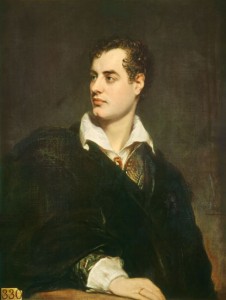
Public domain
When we have the kind of insights that come in hypomania, it is often hard to capture them. After all, we tend to move from one connection after another, which can lead us to a lot of mixed metaphors or conflicting ideas. However, we eventually come down from that hypomania, and can sift through the connections that we have made, looking for those that are really insightful among those that might just be confused. It gives us a lot of material to work with.
On the other hand, having a transition between emotional states allows us to look at one emotion from the perspective of another. It gives us a combination of intensity and distance. We can look from the outside at our emotions, and talk about them while not feeling them. This allows us to represent our emotions in a way that is not simply a “gush.” It is a kind of insight that enables us to represent what it is that we have experienced.
Intensity and Energy
Bipolar disorder also gives our lives a kind of intensity that is so important for creative work. I don’t just mean here that we have stronger emotions. What I mean here is that, when our emotions are fluctuating so much, we have a drive to capture them and put them in a form that we can deal with. Dealing with our emotions becomes especially important. We can’t just sit back and live; we need to do something about our lives. Otherwise, we simply become overwhelmed. This gives us a drive to explore emotions and express them. It becomes a kind of need that develops out of their intensity.
In addition, the hypomanic periods also give us an unbounded amount of energy that we simply must do something with. We have a few choices, including pacing and gambling. However, one of the most common choices associated with this energy is creative expression. We have the need to act, and an artistic expression is something that enables us to channel our energy.
The Creative Life
Creativity, then, seems to follow from bipolar disorder as a kind of natural consequence. Element after element of bipolar disorder give us the resources, the motive, the insight and the energy to express ourselves creatively. Bipolar disorder isn’t just debilitating. Our improved creativity is one of the ways in which it can really improve our lives.



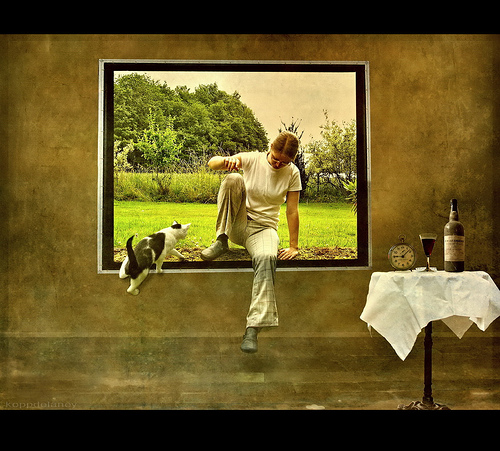
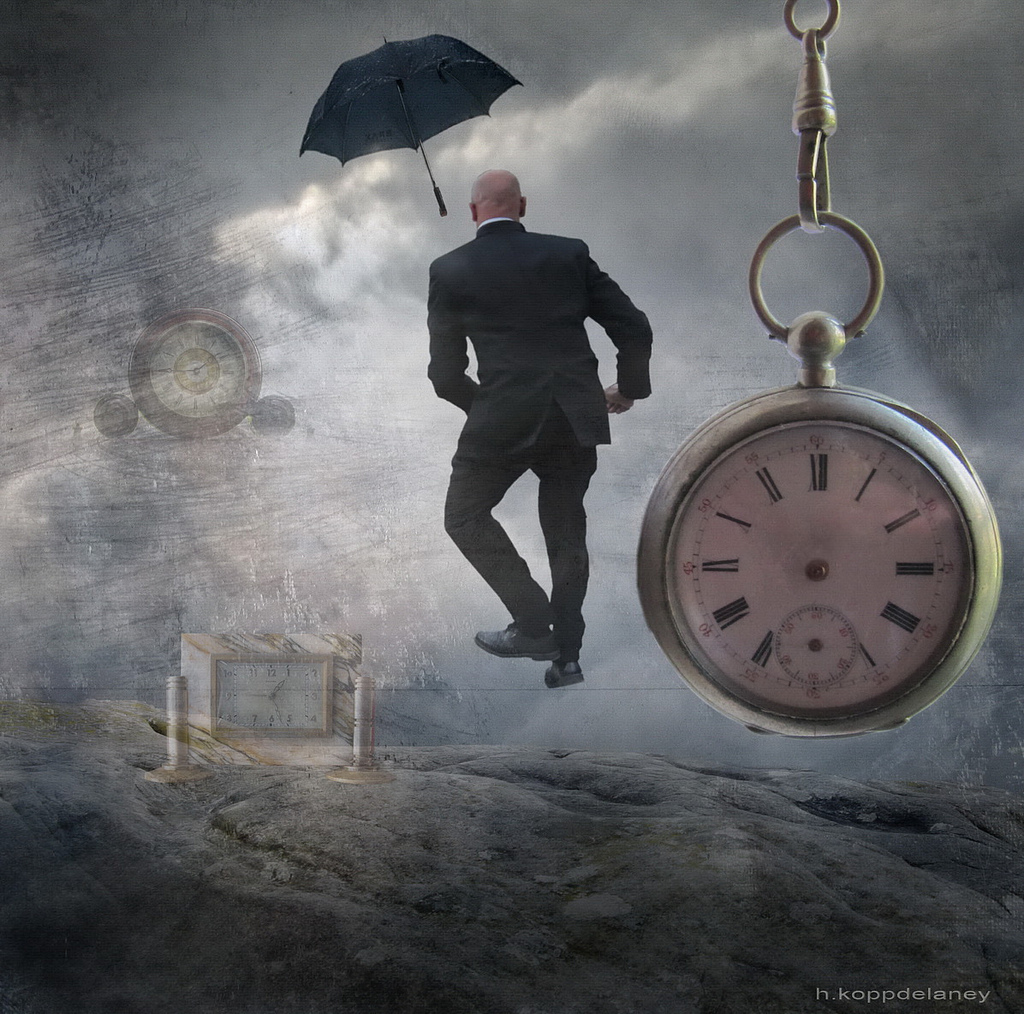
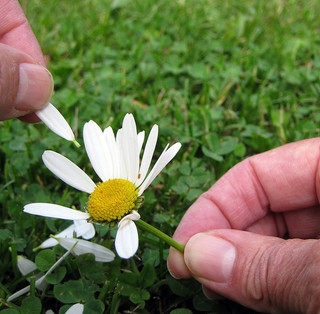

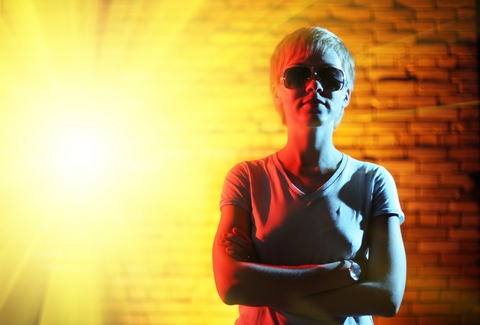

I just recently found this site and am so glad that one exists. The articles are wonderful and especially the one about creativity. I am an artist myself, trying to manage my bipolar disorder and am able to since I was fortunate to find a very good doctor. I love to learn from others experiences as well!
Thank you, Karen. I’m so glad to meet someone who really is putting our creativity into action.
Fantastic article that confirms everything I ever thought about the connection between bipolar disorder and creativity. Thank you for the statistics and researching this so well. Glad to be following you and hope you will do a guest post at The Garden Gate for Manic Monday sometime. Best Wishes and keep up the good work!
Thanks, Elizabeth. I do enjoy guest posting. Please send me some more information at daniel@bipolarvillage.com, and hopefully we can work something out :).
I think this is good for partners and friends of people who have Bi Polar as it helps them understand it and brings awareness. However it does not tell anyone with Bi Polar anything they do not already know…. except that career wise I should consider a creative career.
I have been working in non creative jobs most of my life which is probably the reason why nothing non creative seems to be the “right fit” for me….. so this article made alot of sense.
I have a very mild form of it it’s hereditary in our family unfortunately… I can easily live with it but it’s not without it’s challenges.
People with Bi Polar are not crazy they just think differently have more energy and feel emotions more passionately and strongly than other people. I guess in a way we are like colourful passionate Italians in a conservative grey world we tend to stand out from the crowd….
Thank you for your comment, Louise. We definitely often do stand out, and often people can’t figure out where to “put” us.
Thankyou for creating this Website,I’ve only just discovered it.I was diagnosed in 1997 too,and for a few years I was fine,in an uppy/downy kind of a way! I am an Artist,and I had a few solo Exhibitions,and Life was good,in the main.Then I had a horrible experience, when an important person to me,let me down very Badly,and I just stopped working.I havent painted since,and now I am down so far,I don’t know if I can clamber back out of this deep hole I’m in.I was also diagnosed with M.S 12yrs ago,which adds to the fun! Any suggestions anyone?
Hi Carol,
I’m glad you are finding the website helpful. I’d suggest seeking therapy to help deal with the depression, and how it is stifling your creativity. It sounds like something you were really enjoying.
Best,
Daniel